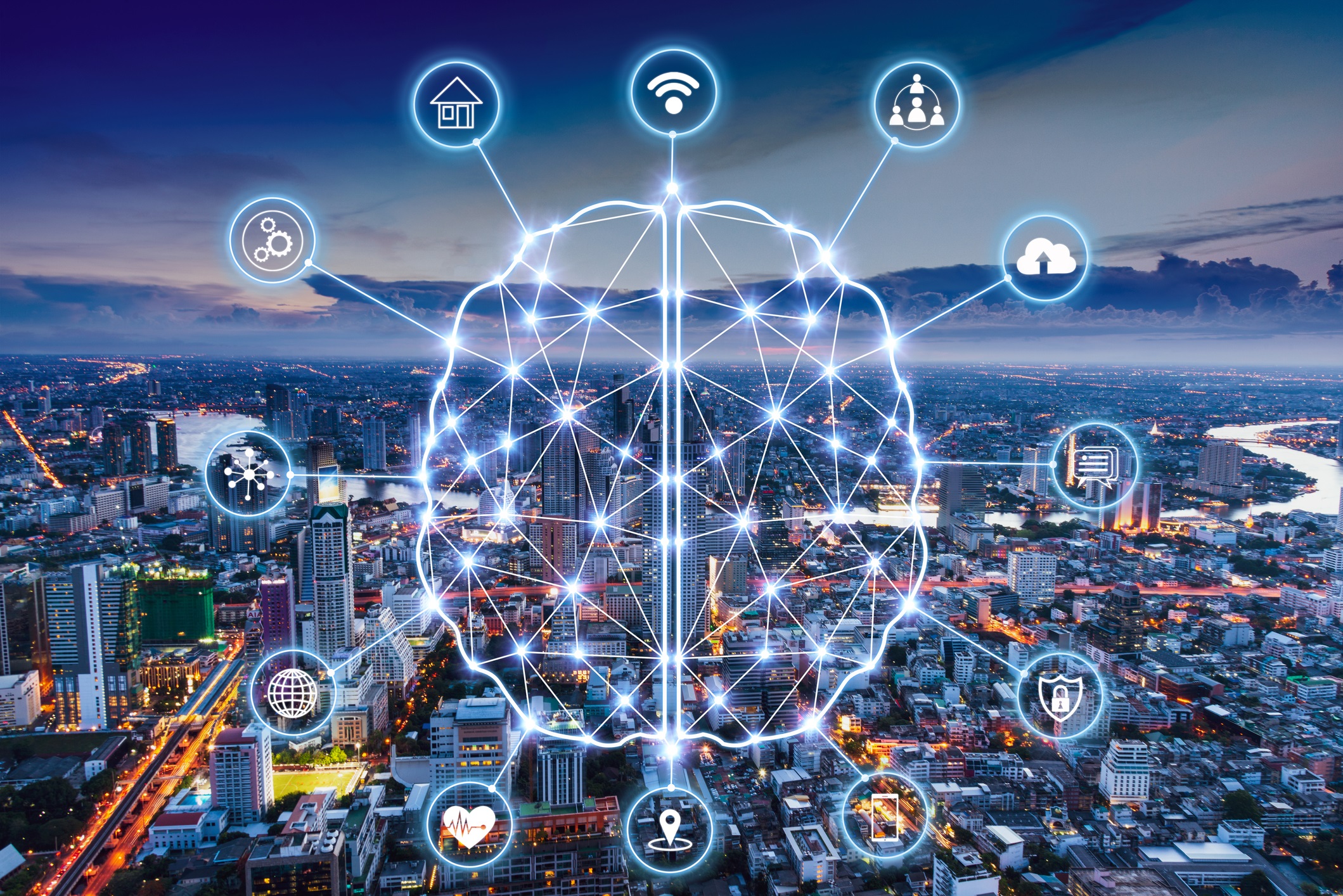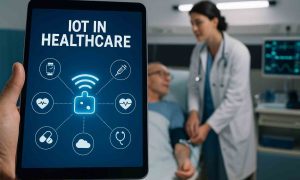

he global IoT in healthcare market size was valued at USD 45.97 billion in 2023 and is projected to surpass around USD 305.55 billion by 2032, growing at a nutritious CAGR of 23.4% from 2023 to 2032.
Ottawa, Feb. 19, 2024 (GLOBE NEWSWIRE) — The global IoT in healthcare market size is anticipated to reach around USD 160.10 billion by 2029, increasing from USD 58.81 billion in 2024, according to a study published by Towards Healthcare a sister firm of Precedence Research.
In 2023, according to the American Hospital Association, about 74% of patients in the US used telehealth services through the IoT in healthcare, showing tremendous growth in the healthcare sector.
The IoT in healthcare is a transformative paradigm within the healthcare sector, harnessing the power of connectivity to revolutionise various aspects of medical practices. The essence of IoT in healthcare lies in creating a seamlessly interconnected ecosystem where medical devices, applications, and systems communicate, share data and collaborate in real time.
Download a short version of this report @ https://www.towardshealthcare.com/personalized-scope/5094
IoT in healthcare involves the integration of a wide array of medical devices, ranging from wearable fitness trackers to sophisticated diagnostic equipment. These devices communicate with each other through the Internet, forming a comprehensive network that allows for continuous monitoring and data exchange. One of the key objectives of the IoT in healthcare is to facilitate the efficient collection and sharing of healthcare data. Medical devices generate a wealth of information, including patient vitals, treatment responses and overall health trends. This data can be instantly transmitted to healthcare providers, enabling timely and informed decision-making.
The IoT in healthcare allows remote monitoring of patients in real time. Wearable devices, for instance, can track vital signs and transmit this information to healthcare professionals, allowing for proactive intervention and personalized care plans. This is particularly beneficial for patients with chronic conditions or remote locations. The interconnected nature of IoT in healthcare contributes to more precise diagnostics and treatment strategies. Healthcare providers can access a holistic view of a patient’s health history, enabling them to tailor treatments based on individual profiles. Additionally, IoT in healthcare can facilitate the integration of artificial intelligence algorithms for more accurate diagnostics.













